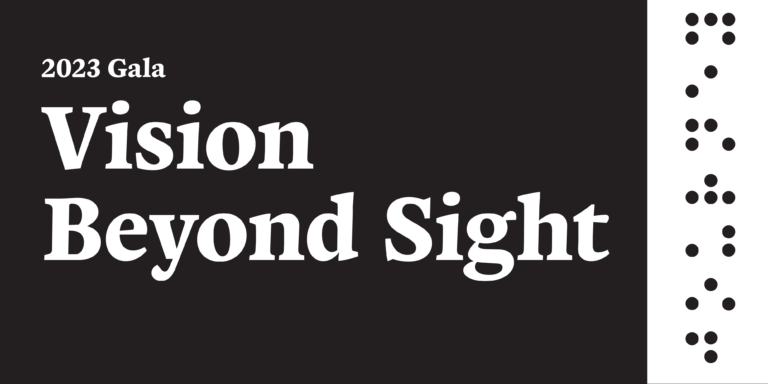Coping with vision loss can be difficult at any age. You go from being independent, active, and social to not driving and feeling depressed and isolated, sometimes overnight.
How do you cope with this lifestyle change? Will you ever be self-sufficient again? What about your job–will your vision loss cause you to lose it because you can’t do it? Will you be able to participate in those activities you enjoyed before losing some, or all, of your sight?
May is Mental Health Awareness Month. We hope to alleviate your most pressing concerns about vision loss, and the psychological effects of vision loss can lead to problems with your mental health. We’ll provide you with resources to aid you in overcoming these hardships and allow you to live your life more independently and happily.
Remember, all of the resources in the world can’t replace an attitude of optimism and self-belief. Sure, it’s normal to experience depression after vision loss.
Symptoms and the five stages of grief
1 in 4 adults with vision loss experience anxiety or depression, typically brought on by loneliness and isolation. How do you know if what you’re feeling is depression thought? Here are some symptoms you might experience:
-
Suffering from insomnia or sleeping too much
-
Irritability
-
Sadness, crying
-
Hopelessness
-
No longer enjoying activities you once found fun
Permit yourself to go through the five stages of grief. Progressing at your own pace through denial, anger, bargaining, depression, and acceptance will allow you to move forward with your rehabilitation in the manner that best suits you. If you handle your feelings positively, you’ll be able to learn and remain focused on your goals and objectives.
Are you still suffering from anxiety? That’s okay. Don’t remain stuck in your anxiousness. Talk things through with a therapist, a trusted friend, a family member, or your physician. Get plenty of exercise, eat healthy, get plenty of sleep, start a journal, or relax by doing yoga. Additionally, avoid caffeine and alcohol.
Support services for the blind
After determining where you are with your mental health, it’s time to create a plan to address it. Counseling, whether individually or as part of a peer group, will give you the tools necessary to improve or maintain your mental health. Finding a peer group in your area made up of individuals with vision loss can serve as a helpful resource.
Though your loved ones can provide support, they can’t know what you’re going through. Outlook Enrichment has a peer support group. Members find these benefits by joining it.
Locating local rehabilitation resources like the Nebraska Commission for the Blind and Visually Impaired is an excellent start to regaining your ability to complete daily tasks. The American Council of the Blind and The National Federation of the Blind are two organizations with a plethora of resources for both you and your network of supporters.
Your state agency should also be able to provide you with occupational therapy, orientation, and mobility training using a cane, as well as training in assistive technology–such as screen readers or magnifying devices.
By learning to use assistive technology, you can find peer support groups online, therefore lessening your feelings of isolation. One such group to check out is Vision Aware. Social media is another resource where you might find a group to join or an account to follow.
If you’re unable to drive, you can find rides through friends or family or a local transportation service. You can order rides through Uber or Lyft. Better yet, Uber allows for multiple individuals to share rides.
Losing some or all of your sight can be traumatic and life-changing. Your vision loss is something to be mourned because it was once such an integral part of your daily life. By working hard and maintaining a positive outlook, you can again live a fulfilling life doing most, if not all, of the activities you once loved.
For more resources, guidance, and technology training, please contact us today.



